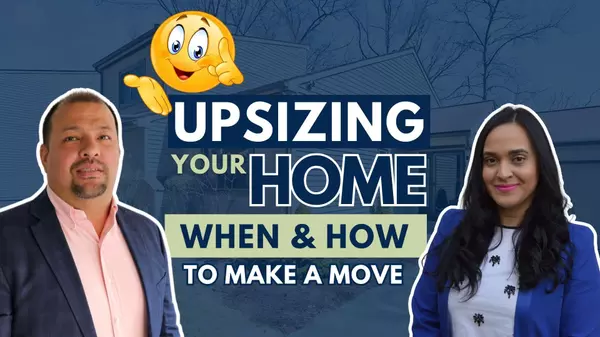
Is Homeownership Still the American Dream?
Defining the American dream is personal, and no one individual will have the same definition as another. But the feelings it brings about – success, freedom, and a sense of prosperity – are universal. That’s why, for many people, homeownership remains a key part of the American dream. Your home is y

¿Sigue siendo el sueño americano la propiedad de la vivienda?
Definir el sueño americano es personal, y ningún individuo tendrá la misma definición que otro. Pero los sentimientos que produce, el éxito, la libertad y una sensación de prosperidad, son universales. Es por eso que, para muchas personas, la propiedad de la vivienda sigue siendo una parte clave del

Two Reasons Why Today’s Housing Market Isn’t a Bubble
You may be reading headlines and hearing talk about a potential housing bubble or a crash, but it’s important to understand that the data and expert opinions tell a different story. A recent survey from Pulsenomics asked over one hundred housing market experts and real estate economists if they beli
Categories
Recent Posts










